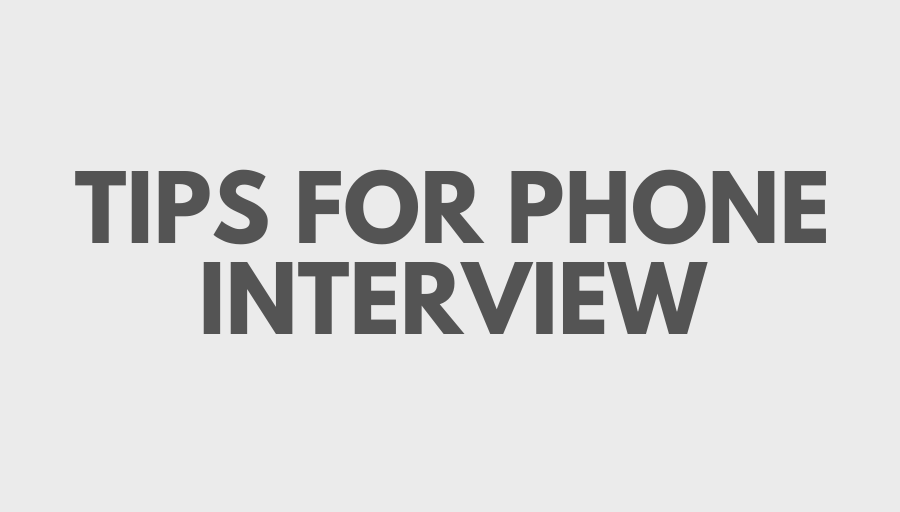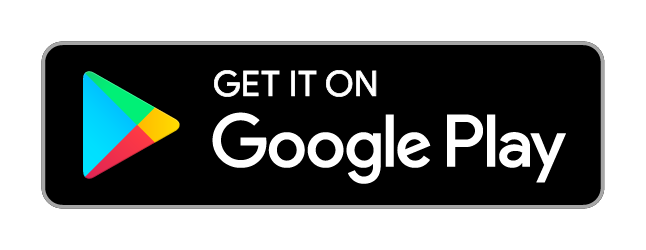- Afghanistan
- Åland Islands
- Albania
- Algeria
- American Samoa
- Andorra
- Angola
- Anguilla
- Antarctica
- Antigua and Barbuda
- Argentina
- Armenia
- Aruba
- Australia
- Austria
- Azerbaijan
- Bahamas
- Bahrain
- Bangladesh
- Barbados
- Belarus
- Belgium
- Belize
- Benin
- Bermuda
- Bhutan
- Bolivia
- Bonaire, Sint Eustatius, and Saba
- Bosnia and Herzegovina
- Botswana
- Bouvet Island
- Brazil
- British Indian Ocean Territory
- British Virgin Islands
- Brunei
- Bulgaria
- Burkina Faso
- Burundi
- Cambodia
- Cameroon
- Canada
- Cape Verde
- Cayman Islands
- Central African Republic
- central square ny
- Chad
- Chile
- China
- Christmas Island
- Cocos [Keeling] Islands
- Colombia
- Comoros
- Cook Islands
- Costa Rica
- Croatia
- Cuba
- Curaçao
- Cyprus
- Czech Republic
- Congo - Kinshasa
- Denmark
- Djibouti
- Dominica
- Dominican Republic
- Timor-Leste
- Ecuador
- Egypt
- El Salvador
- Equatorial Guinea
- Eritrea
- Estonia
- Ethiopia
- Falkland Islands
- Faroe Islands
- Fiji
- Finland
- France
- French Guiana
- French Polynesia
- French Southern Territories
- Gabon
- Gambia
- Georgia
- Germany
- Ghana
- Gibraltar
- Greece
- Greenland
- Grenada
- Guadeloupe
- Guam
- Guatemala
- Guernsey
- Guinea
- Guinea-Bissau
- Guyana
- Haiti
- Heard Island and McDonald Islands
- Honduras
- Hong Kong SAR China
- Hungary
- Iceland
- India
- PAN (Presence Across Nation)
- Indonesia
- Iran
- Iraq
- Ireland
- Isle of Man
- Israel
- Italy
- Côte d’Ivoire
- Jamaica
- Japan
- Jersey
- Jordan
- Kazakhstan
- Kenya
- Kiribati
- Kosovo
- Kuwait
- Kyrgyzstan
- Laos
- Latvia
- Lebanon
- Lesotho
- Liberia
- Libya
- Liechtenstein
- Lithuania
- Luxembourg
- Macau SAR China
- Macedonia
- Madagascar
- Malawi
- Malaysia
- Maldives
- Mali
- Malta
- Marshall Islands
- Martinique
- Mauritania
- Mauritius
- Mayotte
- Mexico
- Micronesia
- Moldova
- Monaco
- Mongolia
- Montenegro
- Montserrat
- Morocco
- Mozambique
- Myanmar [Burma]
- Namibia
- Nauru
- Nepal
- Netherlands
- Netherlands Antilles
- New Caledonia
- New Zealand
- Nicaragua
- Niger
- Nigeria
- Niue
- Norfolk Island
- North Korea
- Northern Mariana Islands
- Norway
- Oman
- Pakistan
- Palau
- Palestinian Territories
- Panama
- Papua New Guinea
- Paraguay
- Peru
- Philippines
- Pitcairn Islands
- Poland
- Portugal
- Puerto Rico
- Qatar
- Congo - Brazzaville
- Réunion
- Romania
- Russia
- Rwanda
- Saint Barthélemy
- Saint Helena
- Saint Kitts and Nevis
- Saint Lucia
- Saint Martin
- Saint Pierre and Miquelon
- Saint Vincent and the Grenadines
- Samoa
- San Marino
- São Tomé and Príncipe
- Saudi Arabia
- Senegal
- Serbia
- Serbia and Montenegro
- Seychelles
- Sierra Leone
- Singapore
- Sint Maarten
- Slovakia
- Slovenia
- Solomon Islands
- Somalia
- South Africa
- South Georgia and the South Sandwich Islands
- South Korea
- South Sudan
- Spain
- Sri Lanka
- Sudan
- Suriname
- Svalbard and Jan Mayen
- Swaziland
- Sweden
- Switzerland
- Syria
- Taiwan
- Tajikistan
- Tanzania
- Thailand
- Togo
- Tokelau
- Tonga
- Trinidad and Tobago
- Tunisia
- Turkey
- Turkmenistan
- Turks and Caicos Islands
- Tuvalu
- U.S. Virgin Islands
- Uganda
- Ukraine
- United Arab Emirates
- United Kingdom
- United States
- U.S. Minor Outlying Islands
- Uruguay
- Uzbekistan
- Vanuatu
- Vatican City
- Venezuela
- Vietnam
- Wallis and Futuna
- Western Sahara
- Yemen
- Zambia
- Zimbabwe
TIPS FOR PHONE INTERVIEW

TIPS FOR PHONE INTERVIEW
For many years, there have been a lot of studies showing that these phone-based interviews usually result in a better outcome for both parties than any other type of interview or face-to-face conversation. While these studies have been around for several years now, they still give us much-needed insight into just how effective this approach is when it comes to making your applicant stand out from other candidates and getting them hired. The reason why we asked about such things as audio interviewing techniques and question types in our recent blog post is that during our recent career fair we conducted A phone interview that can be used to gather information from a potential client, customer, or business partner. A person with whom a prospect is likely to share some details of a business will be interviewed on the phone.
Two different types of phone interviews:
1) Traditional Phone Interview: In standing-alone interviews, the interviewer simply answers questions such as "What do you hope to accomplish after you have been working here for three years" and "What are your skills?"
2) Prospecting Interview: The interviewer will ask specific questions related to the business and ask both behavioral and more structured questions based on prior knowledge, experience, and abilities. For example, they might ask "How would you define success in life?"
Tips for conducting a phone interview:
1) You should keep your job search organized
Online job search is a very popular trend and there are many tools that can help you with it. But the more time you spend in your job hunt, the more likely you are to miss out on opportunities that are just a click away.
2) Include or highlight the skills in the job description
The job description is one of the most important aspects for any company to screen applicants and hire the best possible people. The job description needs to be clearly defined and not vague.
The job description is a very important part of the questionnaire. It's a short paragraph that highlights all the skills that are required in that role: Language, problem-solving, communication, etc. Although it can be relatively easy to write with some time and practice, it's still a part of an interview that is not easy to do well as you may end up leaving out crucial skills or skill levels in certain positions. In order to ensure your perfect job description, you should always make sure that you have included all the skills in your actual role description as well as listed them on your resume.
3) Investigate the company
The company is one of the most important points in a document. We must first determine what "company" means to us and then we must have proper research.
4) Cut out all distractions and focus
To be able to conduct a phone interview, you need to prepare yourself. This can vary from preparing a script and prepping the same for each candidate, to making sure that you are fully prepared for the phone interview including preparing your appearance, networking with potential candidates, and identifying the objectives of the call and time constraints.
5) Prepare for common phone interview questions
Most interviewers use a certain type of phone call to assess the candidates’ qualifications. The method is simple: you talk to them for some time and do not get away from the subject matter. The purpose of the phone interview is to determine a candidate’s long-term potential for the role.
The most common question about phone interviews is “Why did you decide to apply for this job?” This means that many people are not really interested in an open-ended conversation with someone, so they have no interest in answering any more questions about themselves.
Many recruiters do not understand this point of view and thus give their candidates irrelevant information like “Tell me more about yourself!” or “Do you belong to this kind of company?”

 by Admin
by Admin







